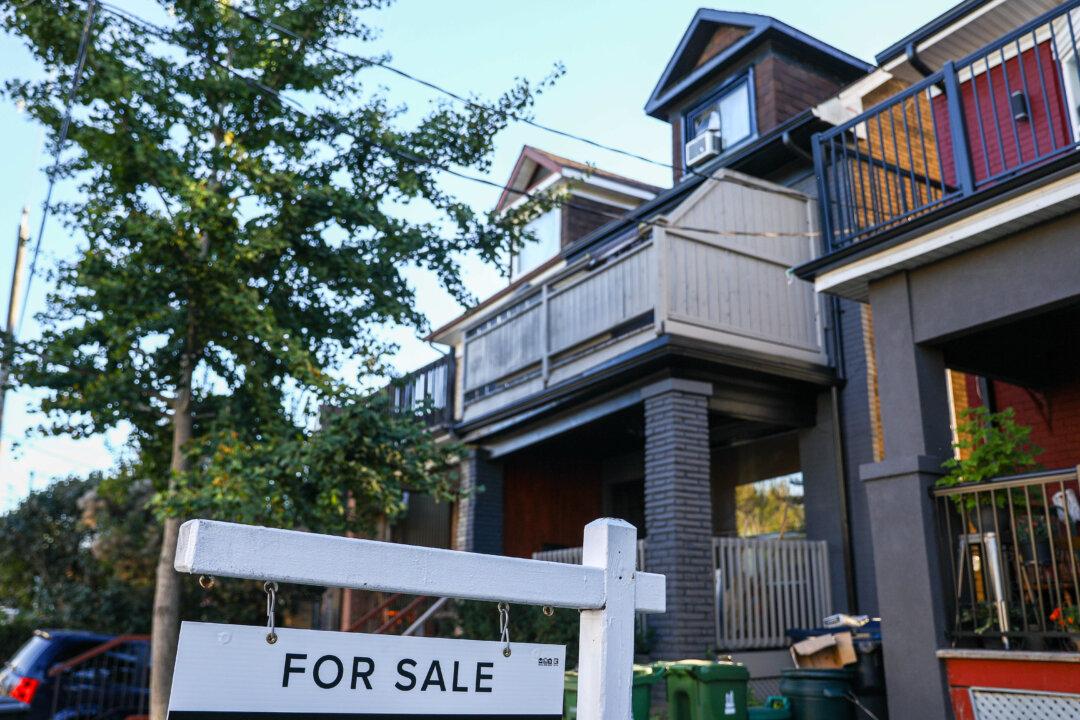The Ontario government has introduced new real estate legislation effective a year from now that would allow homebuyers to see all their competitors’ bids on the property, that is, if the seller agrees to disclose the information.
Under the current system, a potential buyer looking to put an offer on a house has done so blindly, without knowing how much their competitors are offering above the asking price.





